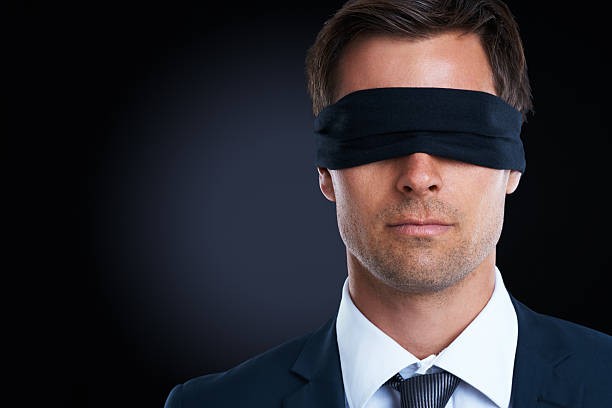Environment Art x Level design x Writing. Ego made me blind

I know the differences, yet I was setting myself up to fail. I've read dozens of articles by Mark Rosewater and read Ryan Holiday's "Ego is the enemy" a while ago. Something just struck me. I have a level design site full of articles and it is not supported by anyone but me. The site is not wrong it itself, but I confused design with art. My goal, supposedly, is level design and not env art. That's the first mistake that I've came to realize.
What made me oblivious to the obvious even though I already know that artists and designers are in different positions? I think the answer lies in ego. Some people praised my site. My levels too were praised. In addition, my Applied Science wiki was also praised. That's where the ego got in the way and made me blind. I felt that I could continue with the site, adding more and more content and that my levels were very good. After a while I was re-re-reading what I wrote about my levels and then I noticed that it was all wrong. I wrote long descriptions of how I choose the textures, the lights, the geometry and so on. About 80% of all that was environment art, not level design. Where was the design in my levels? Maybe 20% or 10% of what I described about my levels was design.
Writing is a skill that I have overvalued ever since school. I was good at essays. The positive feedback that I got for my levels and site just made me blind. It was all validation that boastered my ego. Mark Rosewater wrote in his articles how designers are often driven by their egos in trying to prove themselves. Yep. I was doing my site in an attempt to prove myself that doing it would put me somehow off the curve and in the industry. "Hey Square! Hey Amazon games! Hey Epic! Look at my site and how I wrote so much about level design! I made these cool levels and also this awesome site!!"
So now let's stop day dreaming and see reality for what it really is. I'm now imagining myself in the position of a recruiter:
"Explain this level. Why did you choose a lift here and a jump pad there? Did you make a blockout for this level? How did you came up with this level?".
Me: "I don't know. I thought it was cool."
Employer: "Is your dream to become a script writer?"
me: (chuckles)
I can even use my own wiki and the idea of working with IT to give a similar example.
Me: "I made this wiki here covering calculus and linear algebra".
Employer: "Do you want to publish a textbook, be a programmer, work in google developing A.I. or be a teacher of calculus?"
Me: "You got me! I haven't thought about this yet..."
Employer: "..."
(Yep. I already know that to work with A.I., be a programmer or to write a calculus textbook are very different things. It was another practical example. The reason for this example is that I know that linear algebra is one of the foundations for IT in general.)
This simple exercise of imagination made me realize that I may be strongly biased and some of the things that I wrote myself can either be wrong or misdirected. The employer is looking for actual work and while I did make some levels, my long essays cover mostly env art. What I really have to do is at least one level where I do the right thing for the position which I want to be. Think about level design and what it means to design a level. Make at least one level with design first, not art first. Or trying to excel at multiple disciplines at the same time. Trying to be good at multiple things at the same time could also mean that ego is the engine behind this motivation.
If there is a lesson here, it would be along the lines of "Don't let ego make you blind! Do not ignore every critic you receive."
Another lesson linked to the previous after I got some feedback in reddit: You don't have to know everything or be an encyclopedia before you begin it. People have limited knowledge because it's impossible to know everything. Yet, there is an infinite pool of knowledge and trying to fill it is an endless task. There will always be something new to learn.
(I can't speak for the others. But I've came to know a PhD student in math and he told me that he was one of the best students at school. When he became a freshman at college, reality revealed itself. He was not as bright as he though he was. I believe the same thing happens in all fields of sciences in overall. Even in arts and music. How many don't think that they are above average in drawing, painting, music, poetry, sports, but after a long time in their lives they realize that they just aren't? Many many athletes experience this. The famous brazilian coach Bernardo (Bernardinho) Rezende teaches this very well).